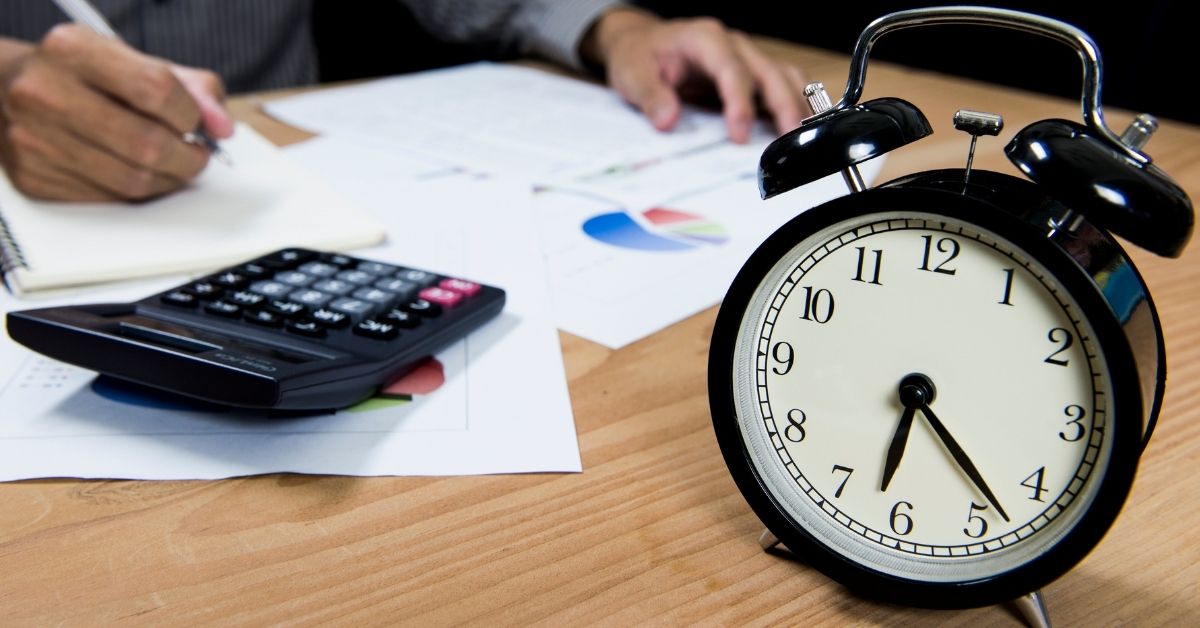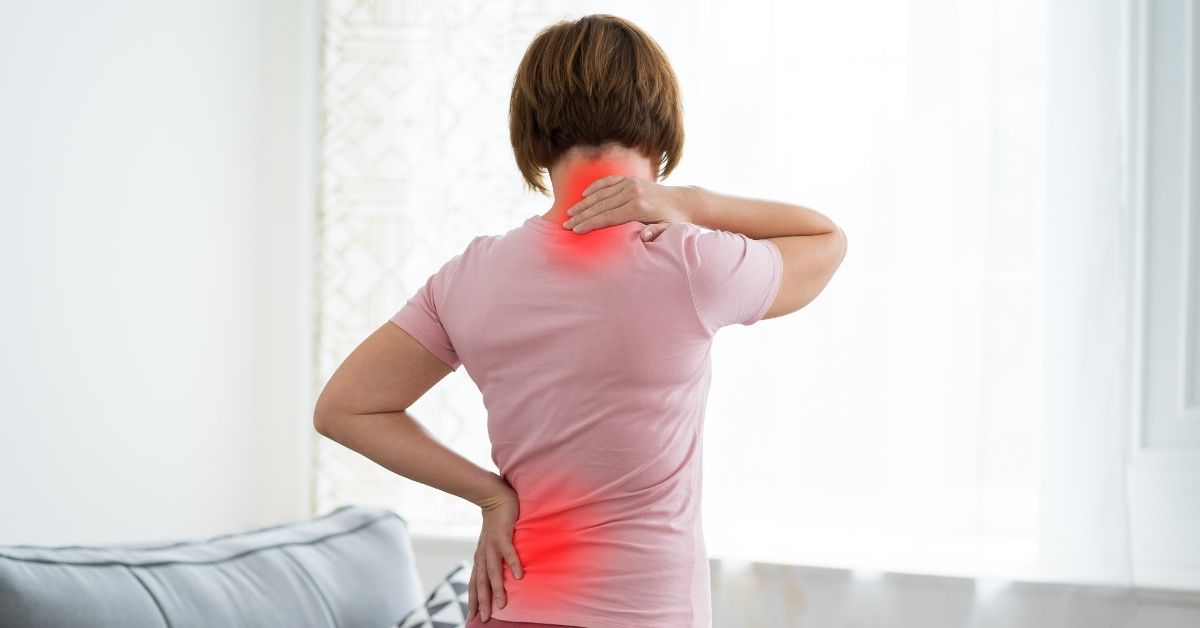Can You Get Depression After a Car Accident?

Healing From a Car Accident: Addressing Potential Depression
Have you been struggling with emotional turmoil after a car accident? Many accident survivors experience depression, but help is available. This article explores the emotional impact of car accidents, signs of depression, and effective strategies for mental recovery. You’ll learn how to seek professional help, build a support network, and reclaim your life after trauma. By understanding these key aspects, you can take steps towards healing and regain control of your emotional well-being.
Understanding the Emotional Impact of Car Accidents
Car accidents can have profound emotional impacts, affecting individuals both immediately and in the long term. This section explores the process of handling immediate emotional responses following an accident and recognizes the potential long-term psychological effects of trauma. Understanding these aspects is crucial for effective healing and addressing potential depression after a car accident.
Processing Immediate Emotional Responses After the Accident
In the immediate aftermath of a car accident, individuals often experience a surge of intense emotions. These can include shock, disbelief, fear, anger, or guilt. The body’s natural fight-or-flight response triggers the release of stress hormones, which can lead to physical symptoms such as rapid heartbeat, sweating, and shaking.
It’s crucial for accident victims to acknowledge and validate these emotions as a normal response to trauma. Seeking support from loved ones or professionals can help process these immediate feelings. Techniques like deep breathing, grounding exercises, or simply talking about the experience can assist in managing the initial emotional turmoil and prevent it from developing into longer-term psychological issues.
Recognizing Long-Term Psychological Effects of Trauma
The psychological effects of car accidents can persist long after the physical injuries have healed. Victims may experience post-traumatic stress disorder (PTSD), anxiety, or depression. These conditions can manifest through symptoms such as flashbacks, nightmares, avoidance of driving or riding in vehicles, and heightened startle responses.
Recognizing Signs of Depression Following an Accident
Recognizing signs of depression after a car accident is crucial for effective recovery. This section explores common symptoms of post-accident depression and how to differentiate between normal grief and clinical depression. Understanding these distinctions helps individuals seek appropriate support and treatment, promoting overall healing and well-being following a traumatic event.
Identifying Common Symptoms of Post-Accident Depression
Depression following a car accident often manifests through persistent feelings of sadness, hopelessness, and loss of interest in previously enjoyed activities. Victims may experience changes in sleep patterns, appetite fluctuations, and difficulty concentrating. These symptoms can significantly impact daily functioning and relationships, indicating a need for professional intervention.
Physical symptoms of post-accident depression may include unexplained aches and pains, fatigue, and slowed movements or speech. Emotional indicators such as irritability, social withdrawal, and feelings of worthlessness or guilt are also common. Recognizing these signs early can lead to prompt treatment, improving the chances of a full recovery and preventing the development of chronic depression.
Differentiating Between Normal Grief and Clinical Depression
Distinguishing between normal grief and clinical depression after a car accident is crucial for appropriate treatment. While both share similar symptoms, grief typically lessens over time and allows for moments of positive emotions. Clinical depression, on the other hand, persists for extended periods and significantly impairs daily functioning.
Key differences include the duration and intensity of symptoms. Grief may come in waves, while depression remains constant. Additionally, grief often centers on the accident and its consequences, whereas depression can lead to a pervasive sense of worthlessness and hopelessness unrelated to the specific event. Recognizing these distinctions helps individuals and healthcare providers determine the most effective course of action for recovery.
Seeking Professional Help for Mental Recovery
Seeking professional help is crucial for mental recovery after a car accident. This section explores finding qualified mental health professionals and effective therapies for trauma and depression. It guides individuals through the process of selecting appropriate support and understanding various treatment options to address post-accident psychological challenges.
Finding a Qualified Mental Health Professional for Support
Finding a qualified mental health professional after a car accident is crucial for effective recovery. Individuals should seek therapists or counselors with experience in trauma-related issues, particularly those specializing in post-accident depression or PTSD. Recommendations from primary care physicians, local mental health associations, or trusted friends can provide valuable starting points in the search for appropriate support.
When selecting a mental health professional, it’s important to consider their credentials, treatment approach, and compatibility with personal needs. Many therapists offer initial consultations, allowing individuals to assess their comfort level and the professional’s expertise in addressing car accident-related trauma. This process ensures that the chosen mental health provider can effectively guide the individual through their recovery journey.
Exploring Effective Therapies for Trauma and Depression
Several effective therapies address trauma and depression following car accidents. Cognitive-behavioral therapy (CBT) helps individuals identify and change negative thought patterns, while eye movement desensitization and reprocessing (EMDR) aids in processing traumatic memories. These evidence-based approaches assist victims in managing symptoms and developing coping strategies for long-term recovery.
Medication may complement psychotherapy in treating post-accident depression. Antidepressants, prescribed by a psychiatrist, can help regulate mood and alleviate symptoms. Additionally, group therapy or support groups offer valuable peer support, allowing individuals to connect with others who have experienced similar traumas, fostering a sense of community and shared understanding during the healing process.
Implementing Strategies to Support Mental Healing
Implementing effective strategies for mental healing is crucial in addressing potential depression after a car accident. This section explores two key approaches: practicing mindfulness and relaxation techniques daily, and incorporating safe physical activities into recovery. These methods can significantly support emotional well-being and promote overall healing during the recovery process.
Practicing Mindfulness and Relaxation Techniques Daily
Practicing mindfulness and relaxation techniques daily can significantly aid in mental healing after a car accident. These techniques help individuals focus on the present moment, reducing anxiety about the past trauma or future concerns. Regular mindfulness practices, such as deep breathing exercises or guided meditation, can lower stress levels and improve overall emotional well-being.
Incorporating relaxation techniques into daily routines provides a sense of control and stability during recovery. Progressive muscle relaxation, for example, involves tensing and relaxing different muscle groups, promoting physical and mental relaxation. Consistent practice of these techniques can lead to improved sleep quality, reduced physical tension, and enhanced ability to cope with post-accident stress and potential depression symptoms.
Incorporating Safe Physical Activities Into Recovery
Incorporating safe physical activities into recovery plays a crucial role in addressing potential depression after a car accident. Gentle exercises, such as walking, swimming, or low-impact yoga, can help release endorphins, natural mood boosters that alleviate symptoms of depression. These activities also promote physical healing, reducing pain and stiffness associated with accident injuries.
Gradually increasing physical activity levels under medical supervision can boost self-confidence and provide a sense of accomplishment. Engaging in group activities or sports can also offer social support, combating feelings of isolation often experienced during recovery. Regular exercise routines help establish a sense of normalcy and structure, essential components in managing post-accident depression and promoting overall mental well-being.
Building a Support Network During Recovery
Building a support network is crucial for recovery after a car accident. This section explores connecting with friends and family for emotional support and joining support groups for accident survivors. These strategies help individuals combat isolation, share experiences, and gain valuable coping mechanisms during their healing journey.
Connecting With Friends and Family for Emotional Support
Connecting with friends and family plays a vital role in emotional support during recovery from a car accident. Loved ones can provide a listening ear, offer practical assistance, and help individuals process their emotions. Regular communication with trusted confidants allows accident survivors to express their feelings openly, reducing the risk of emotional isolation and potential depression.
Family members and close friends can also assist in creating a supportive environment for healing. They may help with daily tasks, accompany the individual to medical appointments, or simply provide companionship during challenging times. This network of support reinforces the individual’s sense of belonging and worth, crucial factors in combating depression and promoting mental well-being throughout the recovery process.
Joining Support Groups for Accident Survivors
Joining support groups for accident survivors offers invaluable opportunities for individuals to connect with others who have experienced similar traumas. These groups provide a safe space for sharing experiences, challenges, and coping strategies, helping members feel understood and less isolated in their recovery journey. Participants often find comfort in knowing they are not alone in their struggles, which can significantly reduce feelings of depression and anxiety.
Learn About a Few Support Groups Here
1. MADD (Mothers Against Drunk Driving) Victim Services
- Focus: Support for victims of accidents involving drunk or impaired driving.
- Platform: Support groups, online resources, and victim advocates.
2 . The Trauma Survivors Network (TSN)
- Focus: Helps trauma survivors and their families connect, share experiences, and find emotional support.
- Platform: Support groups, educational resources, and online communities.
Support groups also serve as platforms for learning practical coping mechanisms and gaining insights from others who have successfully navigated the recovery process. Members can exchange information about effective treatments, resources, and self-care techniques specific to car accident trauma. This shared knowledge empowers individuals to take active roles in their healing, fostering a sense of control and hope that is crucial in combating potential depression following a car accident.
Moving Forward: Reclaiming Life After Trauma
Moving forward after a car accident involves reclaiming one’s life and overcoming trauma. This section explores setting achievable goals for recovery and well-being, focusing on realistic milestones that promote healing. It also discusses the importance of celebrating progress, recognizing even small achievements as significant steps in the journey towards mental and emotional recovery.
Setting Achievable Goals for Recovery and Well-Being
Setting achievable goals is crucial for recovery and well-being after a car accident. Individuals should start with small, manageable objectives that align with their physical and emotional capabilities. These goals may include gradually increasing daily activities, adhering to therapy appointments, or practicing relaxation techniques for a set duration each day.
As progress occurs, goals can be adjusted to reflect new challenges and aspirations. It’s important to maintain flexibility and patience throughout this process, recognizing that recovery timelines vary. Regularly reassessing and updating goals with input from healthcare professionals ensures they remain relevant and attainable, supporting continuous improvement in mental and physical health.
Celebrating Milestones in Your Healing Journey
Celebrating milestones in the healing journey after a car accident is essential for maintaining motivation and recognizing progress. Individuals should acknowledge both small and significant achievements, such as completing a therapy session, returning to work, or engaging in a previously challenging activity. These celebrations reinforce positive behaviors and help combat feelings of depression by focusing on accomplishments rather than limitations.
Keeping a recovery journal can help track and celebrate milestones effectively. Accident survivors can document their progress, setbacks, and emotions, providing a tangible record of their healing journey. Sharing these milestones with trusted friends, family, or support group members further reinforces the significance of each achievement and fosters a supportive environment for continued recovery.
Frequently Asked Questions
How can a car accident impact a person’s emotional well-being?
A car accident can cause significant emotional trauma, leading to anxiety, depression, and post-traumatic stress disorder (PTSD). Victims may experience fear of driving, sleep disturbances, and mood swings. These emotional impacts can persist long after physical injuries heal, affecting daily life and relationships.
What are common signs of depression following a car accident?
Common signs of depression after a car accident include persistent sadness, loss of interest in activities, sleep disturbances, changes in appetite, difficulty concentrating, and feelings of guilt or worthlessness. Physical pain, anxiety, and social withdrawal may also occur, impacting daily functioning and overall well-being.
When should I seek professional help for mental recovery after an accident?
Seek professional help for mental recovery after an accident if you experience persistent symptoms like anxiety, depression, flashbacks, or sleep disturbances that interfere with daily life. If you’re struggling to cope, having suicidal thoughts, or your symptoms worsen over time, consult a mental health professional immediately.
What strategies can support mental healing after a traumatic car accident?
Healing after a traumatic car accident often involves professional therapy, support groups, and mindfulness practices. Cognitive-behavioral therapy can help manage anxiety and PTSD symptoms, while gradual exposure therapy may assist in overcoming driving-related fears. Building a strong support network and practicing self-care are also crucial for mental recovery.
Protect Your Mental Health and Legal Rights
Addressing both the physical and emotional aftermath of a car accident is essential for a complete recovery. Recognizing signs of post-accident depression and seeking professional support can be critical steps in the healing process. Beyond mental health care, it’s equally important to protect your legal rights and pursue fair compensation for your injuries. If you’ve been injured in a car accident, the experienced attorneys at B|B Law Group can guide you through the legal process, ensuring you receive the compensation you deserve while you focus on your recovery. Don’t navigate this challenging time alone—reach out to B|B Law Group today for a free consultation.


